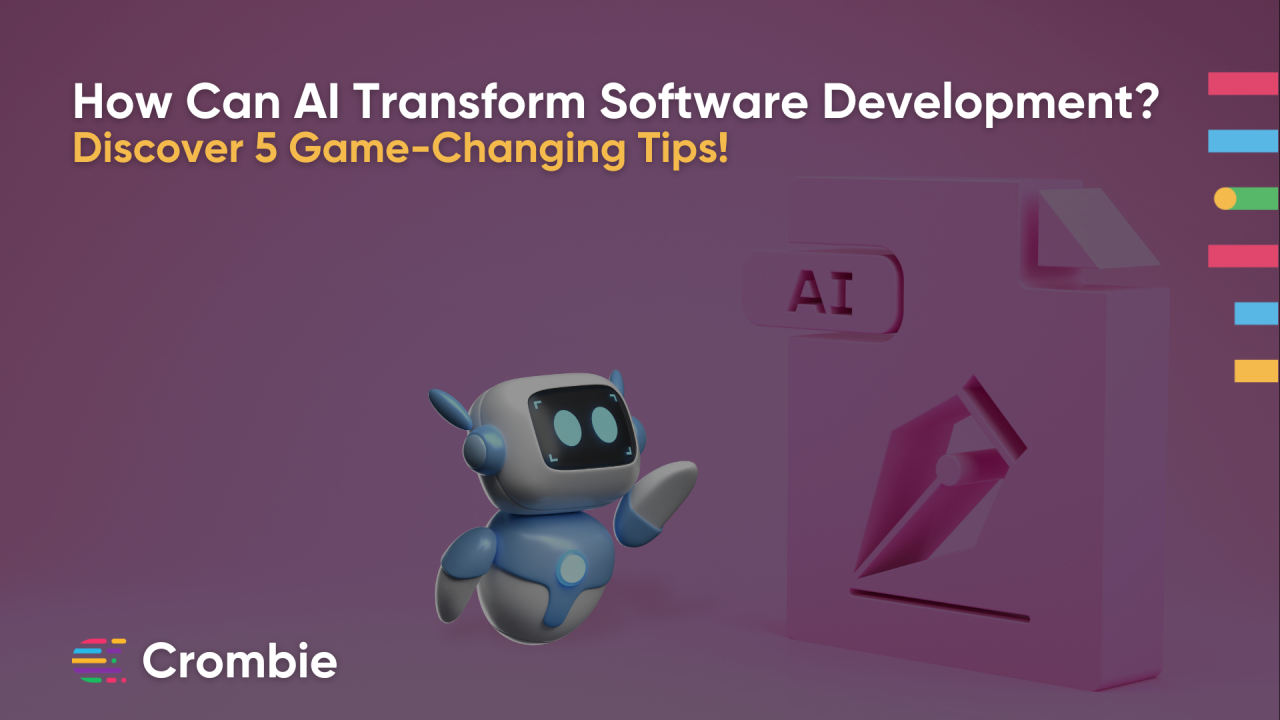
Game-Changing Tips for Business Intelligence Software for Small Teams
In today’s data-driven landscape, small teams often face an uphill battle. They must compete with larger organizations that have vast resources. One key area where small teams can level the playing field is business intelligence (BI). This is especially true when leveraging the right BI software. This article offers game-changing tips for small teams seeking to harness the power of data.
Business intelligence software provides valuable insights. It transforms raw data into actionable knowledge. This allows teams to make better decisions. This, in turn, leads to improved efficiency and profitability. However, navigating the world of BI can be daunting. This is particularly true for teams with limited budgets and resources. That is why this guide focuses on practical, actionable advice.
Understanding the Core Benefits of BI Software
Before diving into specific tips, it’s crucial to understand the core benefits of BI software. For small teams, these advantages are amplified. BI software offers:
- Enhanced Decision-Making: Data-driven insights lead to more informed choices. This reduces guesswork and improves outcomes.
- Improved Efficiency: Automation and streamlined reporting save time and resources.
- Cost Reduction: Identifying inefficiencies and optimizing processes cuts costs.
- Competitive Advantage: Understanding market trends and customer behavior helps stay ahead.
- Increased Agility: Quickly adapting to changing market conditions becomes easier.
Choosing the Right BI Software for Your Small Team
Selecting the appropriate BI software is the foundation. Several factors must be considered. It is essential to choose a solution that aligns with your team’s needs and budget. Here are some key considerations:
Assess Your Needs
Define your business goals. Identify the key performance indicators (KPIs) that matter most. What questions do you need answered? What data sources do you need to connect to? Understanding your specific needs will guide your software selection.
Consider Scalability
Choose a solution that can grow with your team. Ensure the software can handle increasing data volumes and user demands. This will prevent the need for costly migrations in the future. The best business intelligence software grows with the business.
Prioritize Ease of Use
User-friendliness is critical, especially for small teams. Look for intuitive interfaces and drag-and-drop functionality. This will minimize the learning curve and maximize adoption. The easier the software, the better.
Evaluate Integration Capabilities
Ensure the software integrates with your existing tools. This includes CRM systems, databases, and marketing platforms. Seamless integration ensures data flows smoothly. It also eliminates the need for manual data entry.
Focus on Cost-Effectiveness
Small teams often operate on tight budgets. Compare pricing models. Look for solutions that offer flexible pricing options. Consider the total cost of ownership, including implementation and training costs.
Implementing Game-Changing Tips
Once you’ve chosen your BI software, it’s time to implement game-changing strategies. These tips will help your small team maximize its impact.
Start with a Pilot Project
Before a full-scale rollout, begin with a pilot project. Select a specific area of your business. Focus on a well-defined goal. This allows you to test the software. It also allows you to refine your approach before a wider implementation.
Prioritize Data Quality
Garbage in, garbage out. Data quality is paramount. Implement data validation rules. Regularly clean and maintain your data. This ensures the accuracy of your insights. Accurate data will result in better decisions.
Build a Data Dictionary
Create a data dictionary. This document defines your data sources. It also provides context for key metrics. This will help team members understand the data. It also fosters consistent reporting and analysis.
Focus on Visualizations
Use clear and concise visualizations. Graphs and charts make data easier to understand. They can quickly identify trends and patterns. Effective visualizations are essential for data storytelling.
Automate Reporting
Automate your reports. Schedule them to be delivered regularly. This saves time and ensures timely access to insights. Automation allows for efficient reporting processes.
Empower Your Team
Provide training and support. Encourage data literacy across your team. Ensure everyone understands how to use the BI software. This fosters a data-driven culture.
Establish a Data-Driven Culture
Make data a central part of your decision-making process. Encourage team members to ask questions. Use data to support their ideas. This will cultivate a culture of continuous improvement.
Regularly Review and Refine
BI is not a set-it-and-forget-it process. Regularly review your reports and dashboards. Identify areas for improvement. Adapt your approach based on your findings. This ensures your BI strategy remains effective.
Leveraging Specific BI Software Features
Beyond the general tips, specific software features can provide a significant advantage. Here are some examples of features that can be game-changing for small teams.
Interactive Dashboards
Interactive dashboards allow for real-time data exploration. Users can drill down into specific data points. They can also customize views to gain deeper insights. These are very valuable for any business.
Mobile Access
Mobile access allows team members to access data. They can do this from anywhere. This improves responsiveness and decision-making on the go. This is a huge benefit for any business.
Collaboration Tools
Collaboration tools enable team members to share insights. They can also discuss findings. This promotes a collaborative environment. This also improves team decision-making.
Alerting and Notifications
Set up alerts for key metrics. Receive notifications when important thresholds are crossed. This allows for immediate action. This is crucial for quick decision-making.
Predictive Analytics
Some BI software offers predictive analytics capabilities. These tools forecast future trends. This allows for proactive decision-making. It also allows for strategic planning.
Overcoming Common Challenges
Implementing BI software is not without its challenges. Small teams often face specific hurdles. Here’s how to overcome them.
Lack of Technical Expertise
Choose user-friendly software. Provide training to your team. Consider partnering with a BI consultant. This will bridge any skills gaps. This will ensure successful implementation.
Limited Budget
Explore free or low-cost BI software options. Negotiate pricing with vendors. Prioritize essential features. This helps maximize your budget.
Data Silos
Integrate your data sources. Break down data silos. Create a unified view of your data. This will provide a holistic perspective.
Data Overload
Focus on the most important KPIs. Filter data to remove noise. Create clear and concise reports. This helps prevent data overload.
The Future of Business Intelligence for Small Teams
The future of BI for small teams is bright. Advances in technology are making BI more accessible and affordable. Artificial intelligence (AI) and machine learning (ML) are playing an increasing role. They are improving data analysis. They are also automating tasks. This creates even greater opportunities for small teams.
Embrace these advancements. Stay informed about the latest trends. This will help you stay ahead of the curve. This will allow you to leverage the power of data. This will drive your business forward. The game-changing tips outlined in this article provide a solid foundation. Implementing these tips is key to success.
By following these game-changing tips, small teams can unlock the true potential of BI software. They can make better decisions. They can also achieve a competitive advantage. They can also drive growth. This is achievable even with limited resources. Business intelligence software is a powerful tool. It can help small teams achieve their goals. The right tools will help any business.
Remember, the journey to data-driven success requires continuous effort. It also requires a commitment to learning. Stay adaptable. Embrace change. This will ensure long-term success. The right BI software will help any business succeed.
The tips outlined above will prove essential. They will help small teams excel. They will also unlock the full potential of their data. This is the power of the right business intelligence software.
[See also: Related Article Titles]

